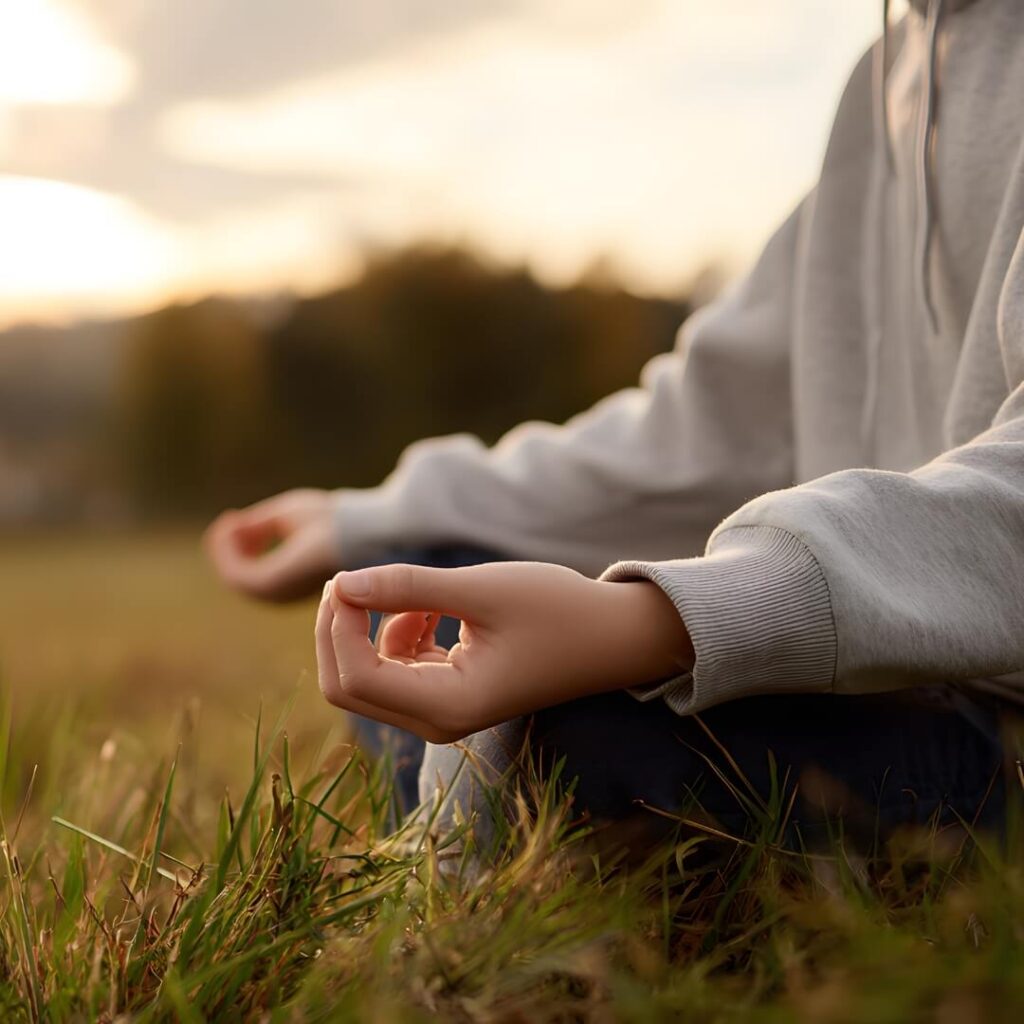Have you ever had one of those weeks where everything piles on at once? The emails don’t stop, your mind races at night, your energy feels drained, and just when you catch your breath, something else happens. We’ve all been there.
When feels heavy, some people seem to crumble while others bend but don’t break. The difference isn’t luck or personality – it’s something called emotional resilience. Resilience isn’t a rare trait; it’s a skill we can all strengthen.
Mindfulness, the practice of bringing kind, non-judgmental awareness to the present moment, is one of the most powerful ways to build that inner strength. It doesn’t make life perfect, but it helps you meet challenges with steadiness and compassion – for yourself and others.
Let’s pause and get clear: resilience doesn’t mean pretending to be “fine” when you you’re not. It doesn’t mean pushing through at all costs or hiding your feelings.
At it’s core, emotional resilience is the capacity to adapt to stress, recover from setbacks, and continue moving forward without losing your sense of self.
Think of it as an emotional toolkit. Resilient people have tools that help them:
Resilience doesn’t mean you don’t feel pain, anger, or grief. You will. We all do. But resilience is about having practices and support systems that help you move through those feelings rather than staying stuck in them.
Mindfulness isn’t about clearing your mind or forcing positivity. It’s about what’s happening inside and around you – your thoughts, your emotions, your body sensations – and meeting them with awareness instead of judgment.
Here’s how mindfulness directly strengthens resilience:
Stress often sneaks in before we realize it – clenched jaws, racing thoughts, a constant urge to “fix everything now.” Mindfulness helps you recognize those signals early. With awareness comes choice: you can pause, breathe, and respond differently.
Resilient people are rarely the harshest critics of themselves. Through mindfulness, we learn self-compassion. Instead of thinking “I messed up, I’m terrible at this,” you learn to say, “This was hard, but I’m learning. I’m still worthy.” That shift in language build inner strength.
Mindfulness doesn’t erase difficult emotions – it helps you surf them. Just like waves rise and fall, emotions come and go. When you observe your feelings instead of clinging to them, you realize they’re temporary, not permanent storms.
A lot of stress lives in “what ifs” about the future of “if onlys” about the past. Mindfulness grounds you in the only place where life is truly happening: right here, right now.
Resilience isn’t built in one dramatic moment; it’s cultivated through small, consistent practices. Here are ways to start weaving mindfulness into your daily routine:
Before reaching for your phone, sit quietly for two minutes. Place a hand on your heart, take three slow breaths, and set an intention for the day: “I will meet today and steadiness.”
Write freely for 5-10 minutes each day. Don’t worry about the grammar or flow. Just let the words spill out. Journaling creates space for reflection and helps you process emotions that otherwise weigh on you.
Each night , jot down three things you’re grateful for – even tiny ones like a warm cup of coffee or a laugh with a friend. Gratitude rewires the brain to notice what’s working, which supports resilience during challenges.
Turn a daily habit into a mindful ritual. While showering, imagine washing away stress. Speak affirmations like:
These small practices add up, layering resilience into the fabric of your day.

To make this real, let me share a few stories that reflect how mindfulness helps in ordinary situations:
In each scenario, mindfulness becomes a gentle hand on your shoulder saying, “You can handle this. One breath at a time.”
For those who like research: studies show mindfulness practices reduce cortisol (the stress hormone), increase activity in brain regions linked to emotional regulation, and improve overall well-being. Long-term practitioners often report less anxiety, better sleep, and stronger relationships – all building blocks of resilience.
We can’t talk about resilience without talking about self-care. True self-care isn’t just bubble baths and face masks – it’s building habits that nourish your mind, body, and spirit.
This might look like:
Mindfulness deepens self-care by making you aware of what you actually need in the moment, instead of running on autopilot.
Claim your FREEBIES today and make every visit to Regarding You even more special!